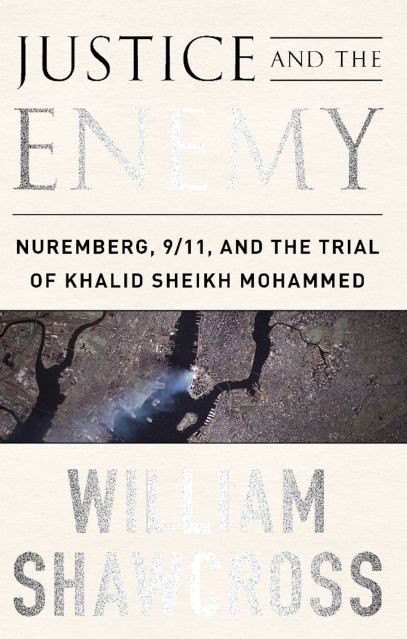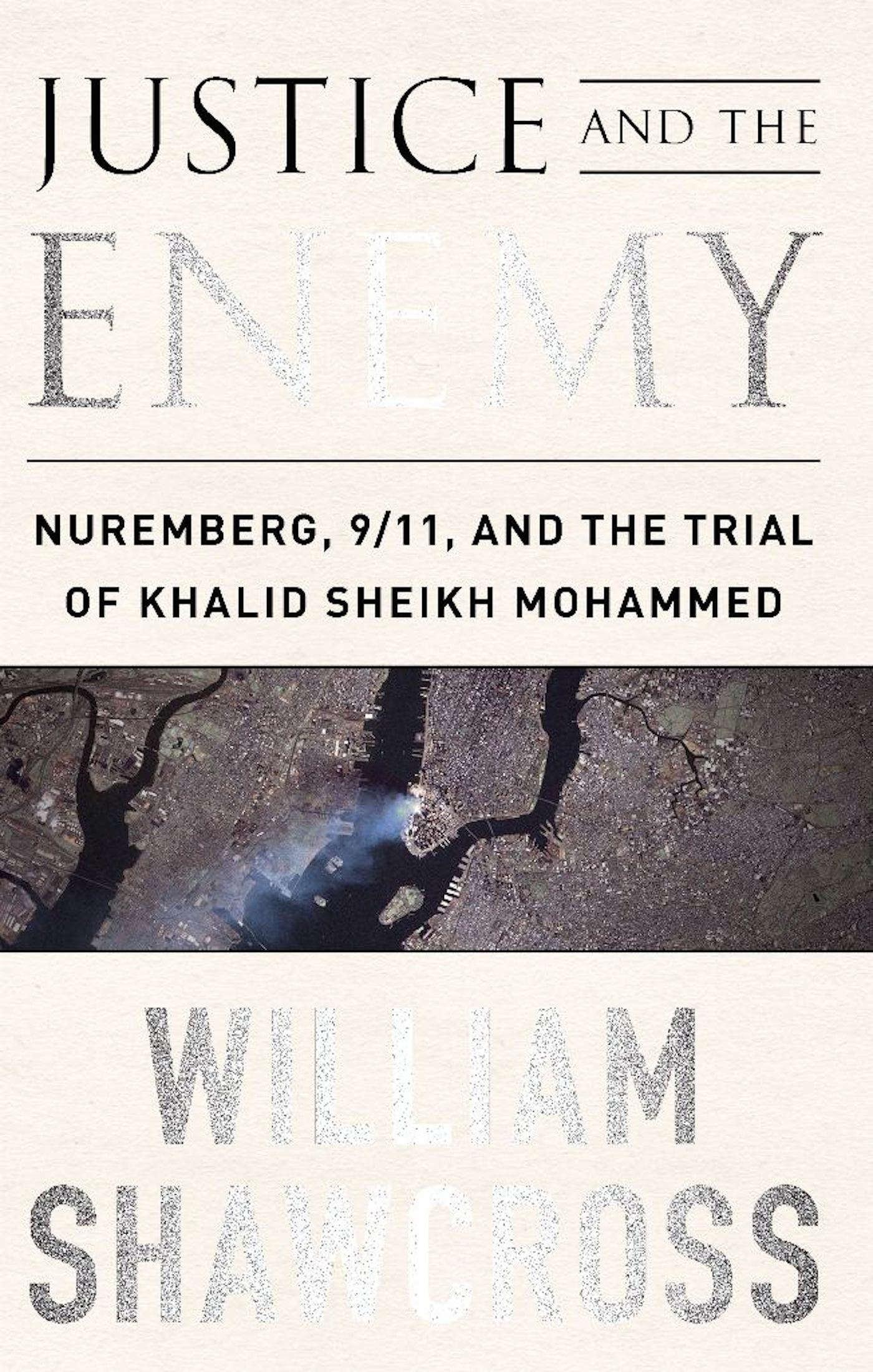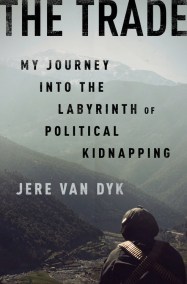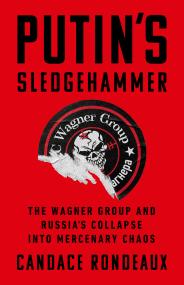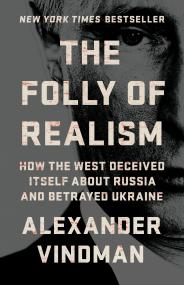By clicking “Accept,” you agree to the use of cookies and similar technologies on your device as set forth in our Cookie Policy and our Privacy Policy. Please note that certain cookies are essential for this website to function properly and do not require user consent to be deployed.
Justice and the Enemy
Nuremberg, 9/11, and the Trial of Khalid Sheikh Mohammed
Contributors
Formats and Prices
- On Sale
- Jan 10, 2012
- Page Count
- 272 pages
- Publisher
- PublicAffairs
- ISBN-13
- 9781586489762
Price
$11.99Price
$15.99 CADFormat
Format:
- ebook $11.99 $15.99 CAD
- Trade Paperback $19.99 $25.99 CAD
This item is a preorder. Your payment method will be charged immediately, and the product is expected to ship on or around January 10, 2012. This date is subject to change due to shipping delays beyond our control.
Buy from Other Retailers:
The war against Al Qaeda is a war like no other. Osama bin Laden, Al Qaeda’s founder, was killed in Pakistan by Navy Seals. Few people in America felt anything other than that justice had been served. But what about the man who conceived and executed the 9/11 attacks on the US, Khalid Sheikh Mohammed? What kind of justice does he deserve? The U.S. has tried to find the high ground by offering KSM a trial — albeit in the form of military tribunal. But is this hypocritical? Indecisive? Half-hearted? Or merely the best application of justice possible for a man who is implacably opposed to the civilization that the justice system supports and is derived from? In this book, William Shawcross explores the visceral debate that these questions have provoked over the proper application of democratic values in a time of war, and the enduring dilemma posed to all victors in war: how to treat the worst of your enemies.
Genre:
Newsletter Signup
By clicking ‘Sign Up,’ I acknowledge that I have read and agree to Hachette Book Group’s Privacy Policy and Terms of Use
